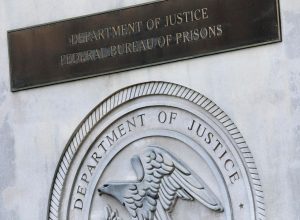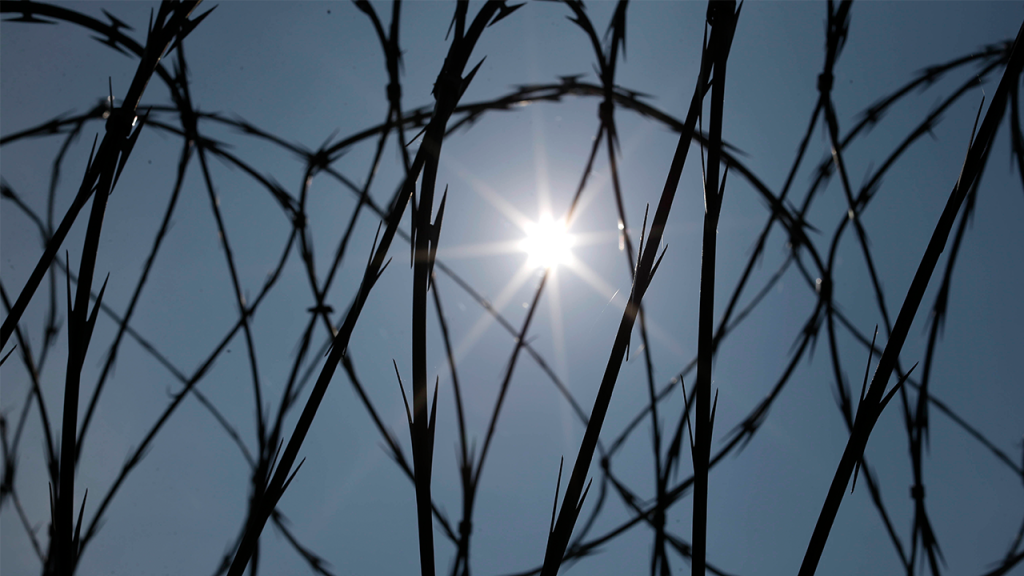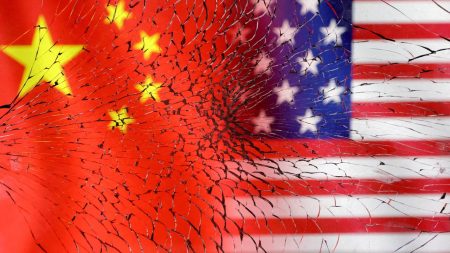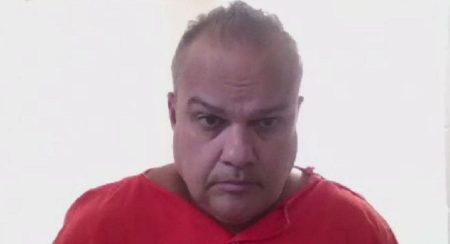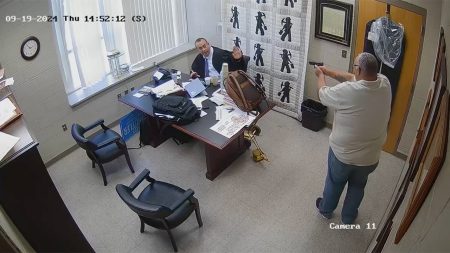The U.S. Department of Justice (DOJ) has filed a lawsuit against the state of Louisiana, alleging a systemic practice of holding inmates beyond their scheduled release dates. This “systemic overdetention,” as the DOJ describes it, has affected a significant portion of Louisiana’s incarcerated population since at least 2012, with more than 25% of inmates experiencing extended confinement beyond their court-mandated release dates. This practice, according to the DOJ, not only infringes upon the fundamental right to individual liberty but also burdens taxpayers with unnecessary costs amounting to millions of dollars annually. The lawsuit marks the culmination of a multi-year investigation, preceded by a warning issued to Louisiana officials in 2022 regarding potential legal action if the identified issues remained unaddressed.
The core of the DOJ’s argument rests on the principle that the right to liberty inherently includes the right to timely release from incarceration upon completion of one’s sentence. The DOJ contends that Louisiana’s continued practice of overdetention demonstrates a “deliberate indifference” to the constitutional rights of its inmates, undermining public trust in the fairness and equitable application of the law. Assistant Attorney General Kristen Clarke emphasized the gravity of the situation, stating that indefinite incarceration not only violates individual liberty but also erodes public faith in the justice system. The DOJ maintains that the state’s efforts to rectify the problem have been inadequate, characterizing them as “marginal efforts” that fail to address the systemic nature of the issue.
In response to the lawsuit, Louisiana Governor Jeff Landry and Attorney General Liz Murrill, both Republicans, pointed fingers at “failed criminal justice reforms” implemented by the previous administration. They asserted that their administration has taken “significant action” to ensure public safety and hold offenders accountable. They also expressed the state’s commitment to upholding the constitutional rights of its citizens. Further, Landry and Murrill framed the DOJ’s lawsuit as a politically motivated action by the outgoing Biden administration, suggesting that the incoming Trump administration would not have pursued the case. This assertion politicizes the issue, suggesting an underlying partisan disagreement regarding criminal justice reform and its implementation.
Beyond the immediate legal implications, this lawsuit sheds light on the broader challenges facing Louisiana’s prison system. Advocates have long criticized the conditions within these facilities, particularly Angola, the nation’s largest maximum-security prison. Angola’s history as a former slave plantation adds another layer of complexity to the issue, raising questions about the legacy of slavery and its continued impact on the state’s criminal justice system. The current lawsuit against Louisiana highlights not only the immediate issue of overdetention but also the systemic problems that plague the state’s correctional facilities. The confluence of these issues necessitates comprehensive reform to protect the constitutional rights of inmates and ensure a more just and equitable criminal justice system.
The DOJ lawsuit signifies a critical juncture in the ongoing debate about criminal justice reform in Louisiana. It brings to the forefront fundamental questions about the balance between public safety, individual liberty, and the responsible use of taxpayer dollars. The outcome of this lawsuit will likely have far-reaching implications for Louisiana’s prison system, potentially forcing significant changes in how the state manages its incarcerated population. The case underscores the importance of transparency and accountability within correctional systems nationwide, serving as a reminder of the fundamental right to liberty and the need for continuous efforts to ensure a just and equitable criminal justice system.
Moreover, the lawsuit underscores the delicate balance between states’ rights and federal oversight in the realm of criminal justice. While states hold primary responsibility for managing their correctional systems, the federal government has a duty to ensure that constitutional rights are protected for all citizens, including incarcerated individuals. This case highlights the tension inherent in this dual system, with the DOJ asserting its authority to intervene when it perceives systemic violations of fundamental rights. The outcome of this legal battle will likely have implications for the balance of power between federal and state authorities in the ongoing effort to reform and improve the nation’s criminal justice system.


